The Nutrition and Nurture in Infancy and Childhood Conference, providing an international interdisciplinary arena, offered the ideal opportunity for us to present infant feeding research and teaching materials developed at BU. With a wide range of research studies presented over the course of three days, we were able to absorb new and innovative research enhancing our understanding of socio-cultural, political and economic influences upon infant and child feeding practices both in the UK and across the world.
Alison presented for the first time preliminary findings of her PhD research study, which is exploring women’s experience of breastfeeding using video diaries. She used video clips to illustrate the daily struggles some women faced and the roller coaster ride that inevitably ensued over the first few weeks following birth, which brought the audience close to tears. The novel research method and opportunity to see and hear women’s diaries generated good discussion and also identified links with findings from other research being presented at the conference.
Catherine presented a poster of research which found that coverage of infant feeding in national newspapers in England over a one month period in 2011 was ‘bad news for breastfeeding’ because of the many negative connotations linked with breastfeeding compared to formula feeding. This created a good deal of interest and debate about the effects of media on the culture of infant feeding in the UK.
And we both presented a poster promoting BURP for infant feeding, an online resource that we have developed at BU to support student midwives and health practitioners in their professional practice to provide better care for mothers and babies. This poster provided the ideal opportunity for delegates to discuss the benefits and drawbacks of online distance learning as well as promoting the package itself.
Running over three days, the conference enabled us to maximise networking opportunities with national and international colleagues in research, education and professional practice. These strong links will no doubt continue for some time providing us with opportunities for further collaboration.




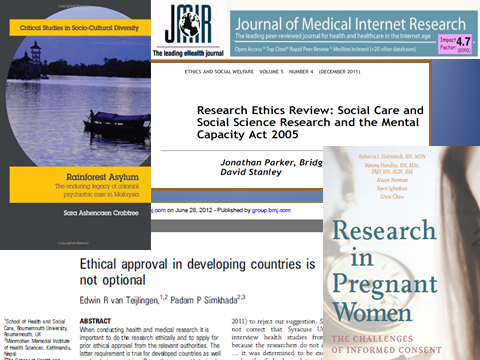

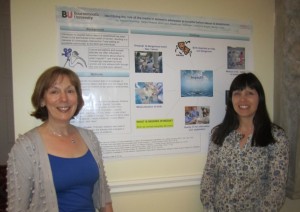
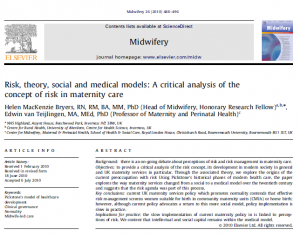
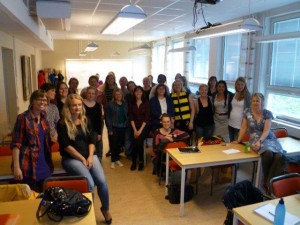


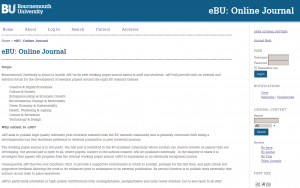





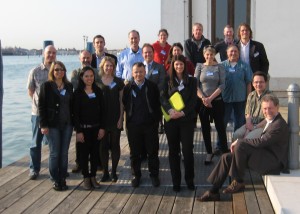











 SPROUT: From Sustainable Research to Sustainable Research Lives
SPROUT: From Sustainable Research to Sustainable Research Lives BRIAN upgrade and new look
BRIAN upgrade and new look Seeing the fruits of your labour in Bangladesh
Seeing the fruits of your labour in Bangladesh Exploring Embodied Research: Body Map Storytelling Workshop & Research Seminar
Exploring Embodied Research: Body Map Storytelling Workshop & Research Seminar Marking a Milestone: The Swash Channel Wreck Book Launch
Marking a Milestone: The Swash Channel Wreck Book Launch ECR Funding Open Call: Research Culture & Community Grant – Application Deadline Friday 12 December
ECR Funding Open Call: Research Culture & Community Grant – Application Deadline Friday 12 December MSCA Postdoctoral Fellowships 2025 Call
MSCA Postdoctoral Fellowships 2025 Call ERC Advanced Grant 2025 Webinar
ERC Advanced Grant 2025 Webinar Update on UKRO services
Update on UKRO services European research project exploring use of ‘virtual twins’ to better manage metabolic associated fatty liver disease
European research project exploring use of ‘virtual twins’ to better manage metabolic associated fatty liver disease